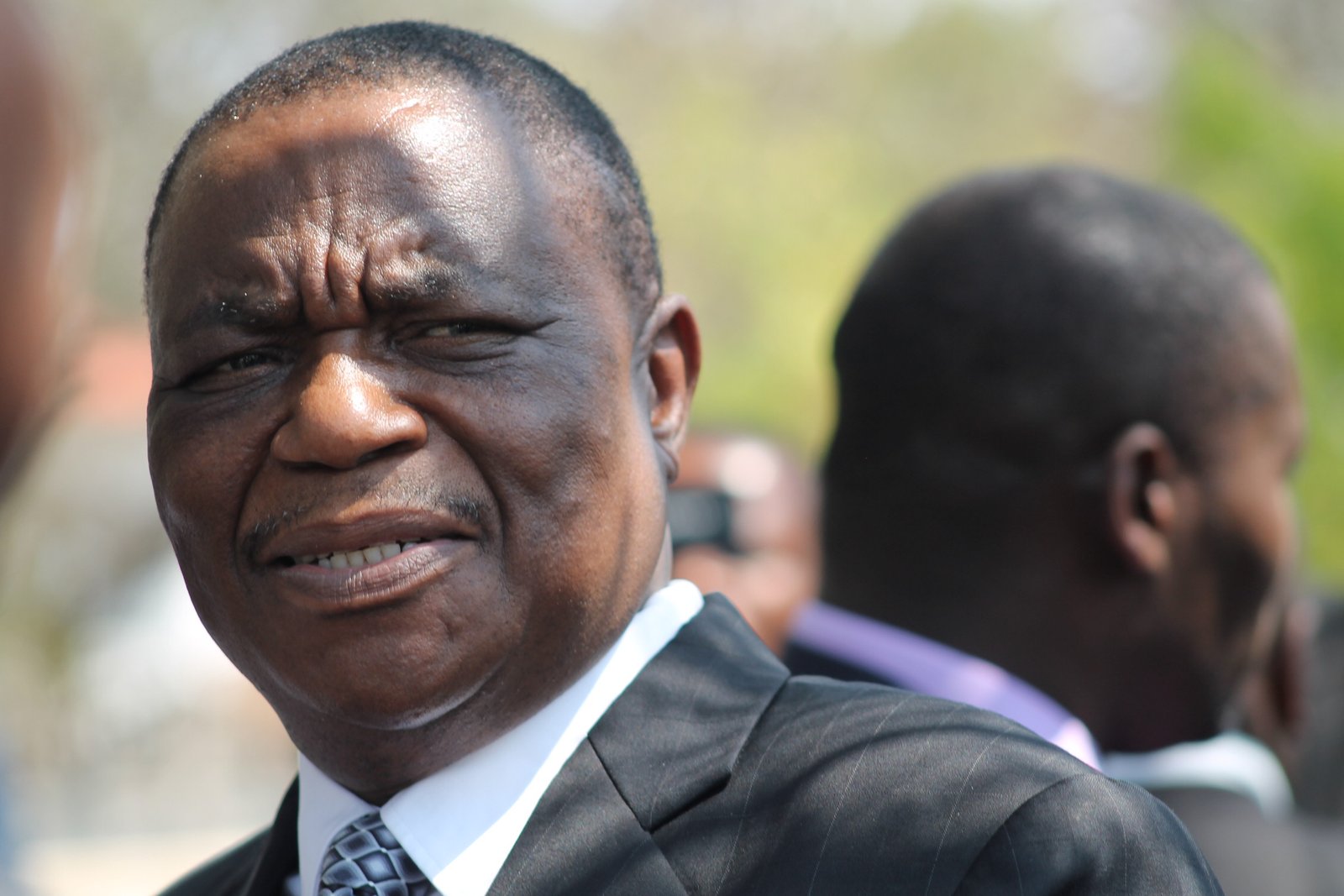Senate approves Health Services Amendment Bill without debate
Senators on Wednesday 9 November (2022) have approved the provisions of the Health Services Amendment Bill that seek among other things to block health workers from engaging in strikes.
The Bill went through all three stages (Second Reading, Committee Stage and Third Reading) without a single debate from the Senators who were present.
Health Services Amendment Bill was received in the Senate on Tuesday 8 November 2022 by acting Senate President Kambizi
‘’I have to inform the Senate that I have received the Health Services Amendment Bill [H. B. 8A, 2022] from the National Assembly,’’ said the Kambizi.
Health Minister Constantino Chiwenga in his Second Reading speech urged the legislators to pass the Bill and disputed claims that it is oppressive.
‘’Thank you, Madam President. This Bill is about aligning the Health Service Act with the new Constitution. My Ministry, in collaboration with the Inter-ministerial Taskforce on the alignment of laws with the Constitution, identified some provisions of the Health Service Act for amendment. My Ministry has already aligned the Public Health Act with the Constitution in 2018, and as for other alignment issues affecting my Ministry, these will be covered by the amendment to the Medical Services Act which is still before Parliament.
‘’Hon. Senators may know that in 2004, the whole body of employees of the State employed in the provision of health service to the public was carved out of the Public Service by the Health Service Act. This was to allow them to receive special or better conditions of service than applied to them when they were members of the Public Service. Under the Health Service Act, a Board was set up to keep their conditions of service under review. In this task, they were assisted by separate hospital boards established for each State hospital which were given considerable autonomy to hire and fire and to enter into contracts with service and goods providers to improve and stock State hospitals.
‘’Since that law, it was not clear to what extent the ordinary rights applicable to most other employees also applied to health service providers in the service of the State. Everyone knows that such health service providers are discharging an essential function that cannot simply be withdrawn during a labour dispute without proper safeguards for public health and safety. Under the Labour Act, health service providers in the service of the State were listed as providing an essential service and therefore prohibited entirely from engaging in strike action.
‘’Hon. Senators, now under the new Constitution that came into force in 2013, the issue is put beyond doubt. We read in section 65 (3) of the Constitution as follows:
‘’Except for members of the security services, every employee has the right to participate in collective job action, including the right to strike, sit in, and withdraw their labour and to take other similar concerted action, but a law may restrict the exercise of this right in order to maintain essential services.”
‘’Therefore, our proposal under this Bill is not to prohibit health service providers in the service of the State from participating in the activities just mentioned, but to restrict them in the public interest. You will see how the Bill does this if you read the explanatory memorandum and I do not propose going over it again here.
‘’The provisions are far from being oppressive as some ill-informed people have said. How can something be oppressive that seeks to balance fairly, on the one hand, the interests of health workers to improve their conditions of service and on the other, to ensure that persons who are ill or injured are not put in danger of their health or life by uncontrolled strike action?
‘’Another major objective of this Bill is to transform the Health Service Board into the Health Service Commission with a more expansive mandate than before. The Commission, unlike the Board, will no longer be a creature of the Minister but be appointed by His Excellency in recognition of the essential part that it plays in the delivery of a most important service to the people namely health.
‘’Moreover, the Chairperson of the Health Service Commission is no less a person than the Chairperson of the Public Service Commission himself or herself. This illustrates that the Health Service is an important organ of the Executive branch of the State and a very special one, requiring the special scrutiny of the highest echelons of the State.
‘’To ensure uniformity of conditions of service across the Public Health Sector, decisions on hiring and firing of staff made by the Hospital Management Boards in the discharge of their delegated mandate must be done with the approval of the Health Services Commission (See Clause 7). Nor is the Commission left out of the picture when the Minister appoints these hospital Management Boards, for he or she must in future consult the Commission when doing so (see Clause 6).
‘’In conclusion, I urge you, Honourable Senators to pass this law and in doing so, raise another important milestone in the development of our country into a middle-income economy by 2030. I now move that the Bill be read a second time,’’ he said.
Senate approves Health Services Amendment Bill without debate



